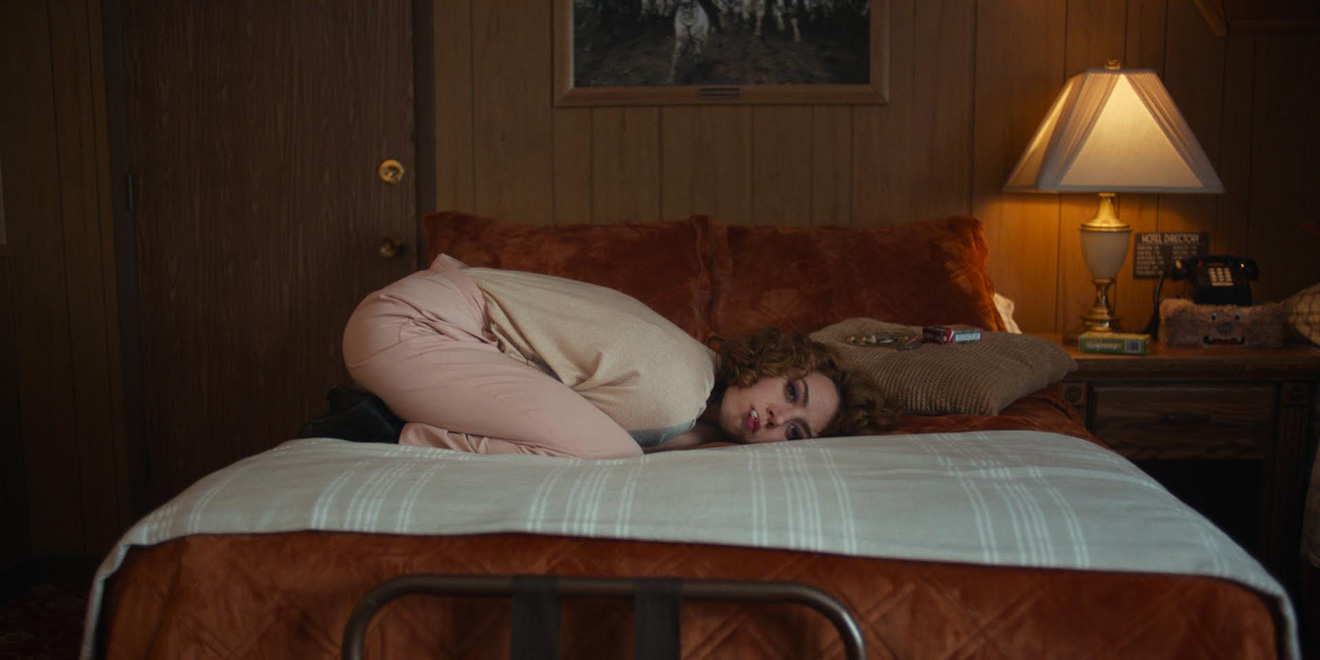This is one article in a series of Sundance coverage. Follow The Daily’s reviews of select Sundance films every day last week, extending through this week.
Sometimes waiting doesn’t pay off. In the case of Sundance, two eagerly awaited films were both panned by critics and audience members alike — “Ophelia,” starring Daisy Ridley, and “An Evening with Beverly Luff Linn,” starring Aubrey Plaza. Both contemporary cinematic sweethearts (in their own ways), I — along with others — were enthusiastically expecting at least some sort of redemption even with the critic reviews. Unfortunately, we were disappointed.
“Ophelia” — directed by Claire McCarthy, starring Daisy Ridley
I’m not a Shakespeare fanatic, per se, but “Ophelia” was too much of a violation of a Shakespearean narrative to feel like a genuine story. “Hamlet” is a tragedy, and “Ophelia” certainly wasn’t. Maybe if you’ve never read “Hamlet” or aren’t familiar, the film may have felt cohesive in its own right, but without any general knowledge of the story itself, it would have been virtually impossible to follow. I found myself clinging to any skimpy “Hamlet” reference I could find — Ophelia’s letter — and they were all generously over-adapted.
Even Daisy Ridley (who tried as hard as she could to play a charming Ophelia) couldn’t save the film (and what was with her wig?). Naomi Watts, who played Gertrude, even seemed like much more of a fascinating character than Ophelia herself. Even Ophelia had no real purpose other than to be taunted by the other ladies-in-waiting and rebuff Hamlet before he rebuffs her and she becomes sad and brooding. A lack of character focus and narrative structure brought this film to its knees when it tried to make a massive end of film plot twist, completely derailing the film and essentially forcing it into this pseudo-magical realism world that even Shakespeare couldn’t provide for.
“An Evening with Beverly Luff Linn” — directed by Jim Hosking, starring Aubrey Plaza
Known for his film “The Greasy Strangler,” which was brought to Sundance in 2016, writer-director Jim Hosking is known for his extremely off-kilter style. Think David Lynch, but more campy black comedy and less experimental — while I never saw “The Greasy Strangler,” it was immediately clear that Hosking certainly didn’t hold back on “Beverly Luff Linn.” Nevertheless, the film could never find its footing; that is, it didn’t know whether it wanted to be a campy black comedy or actual narrative film.
Like Ridley in “Ophelia,” Aubrey Plaza just couldn’t redeem “Beverly Luff Linn.” Hosking brought her in as her trademark aloof, erratic, unreadable version of a manic pixie dream girl, but she almost functions as the voice of reason in this movie. “Beverly Luff Linn” wasn’t strong enough to stand on its own narratively, but it wasn’t strong enough to stand on its own as an over-the-top exploration of character and thematic material. In all honesty, it felt like a sad combination of jokes strung together by characters that were loosely related, but never actually had any true chemistry or reason to be interacting. Thus, the campiness just became more and more awkward every time as the jokes repeated themselves and drove the story to a grinding halt every time an eccentric character popped up on the screen. I really, really tried hard to enjoy it — I really did. Unfortunately, “Beverly Luff Linn” just isn’t a film worth salvaging.
Contact Olivia Popp at oliviapopp ‘at’ stanford.edu.
